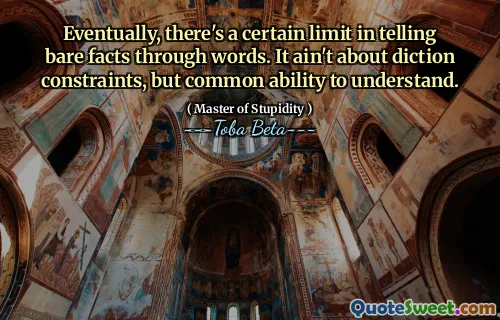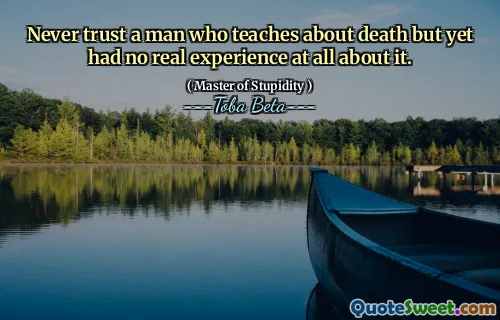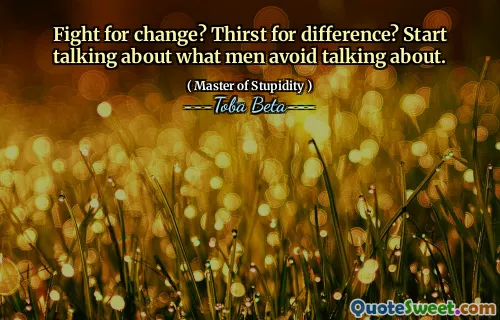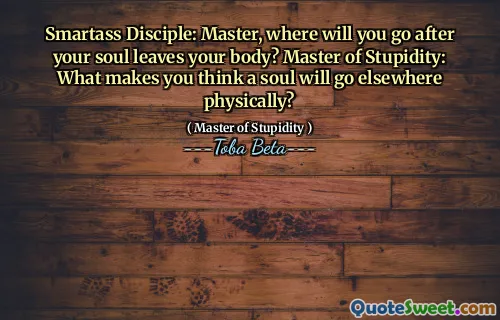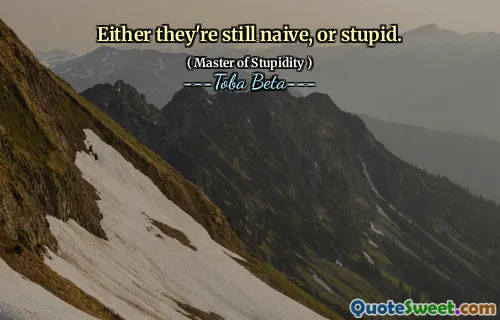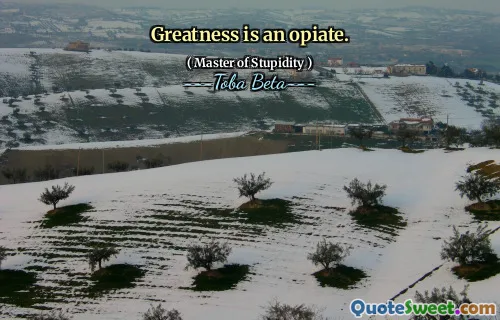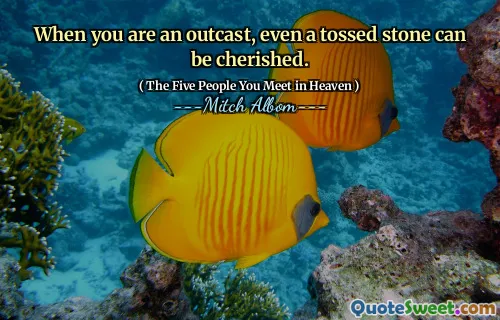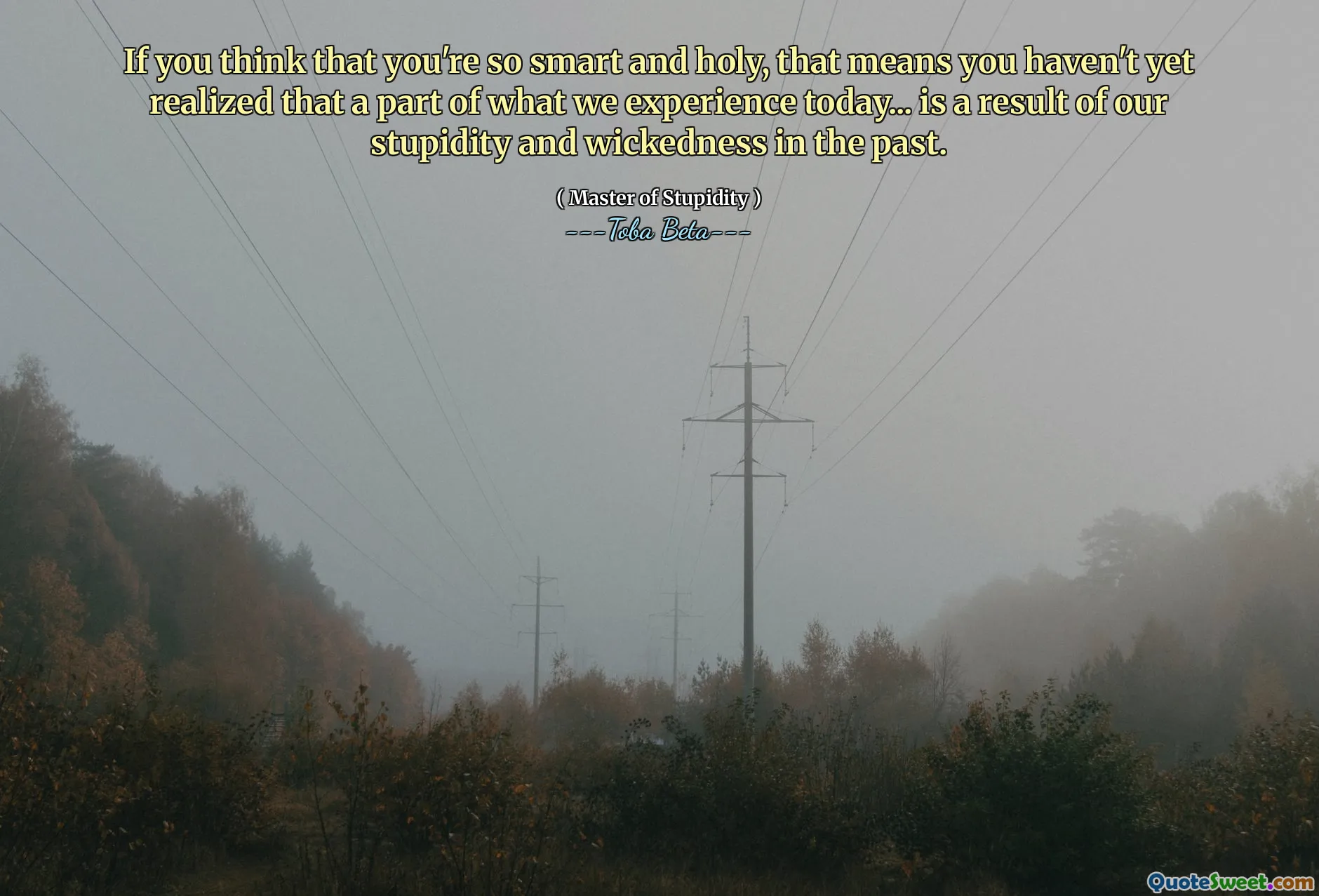
If you think that you're so smart and holy, that means you haven't yet realized that a part of what we experience today... is a result of our stupidity and wickedness in the past.
This profound statement invites reflection on humility and self-awareness. It emphasizes that no matter how intelligent or morally upright one perceives themselves to be, they are still a product of a complex history shaped by human flaws — stupidity and wickedness included. Recognizing this interconnectedness encourages humility, reminding us that our current knowledge, morality, and even our societal structures are built upon the remnants of past mistakes and wrongdoings. It challenges the notion of absolute righteousness, suggesting instead that our growth is inherently tied to acknowledging past errors and learning from them. Such acknowledgment can foster greater empathy, patience, and a willingness to continuously improve. It also advocates for humility in the face of our collective history, shifting the focus from self-righteousness to ongoing self-improvement and understanding. The quote can serve as a reminder that humility is essential for genuine progress and that recognizing our collective past failures can lead us toward wiser and more compassionate choices today. Ultimately, it underscores that wisdom lies not in the denial of faults but in the acceptance and learning from them — a vital perspective for personal growth and societal evolution.
(Master of Stupidity) - author: '---Toba Beta---'
